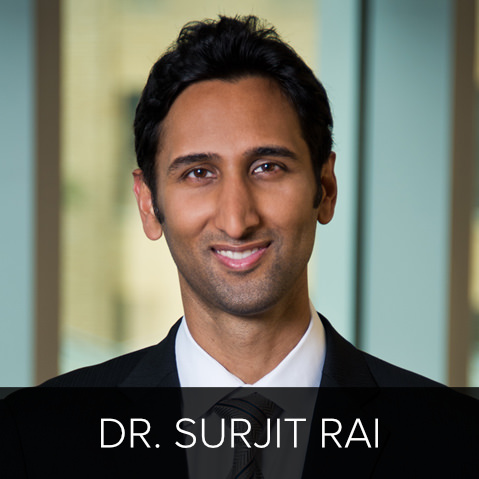Anti-Aging Gene Does Not Exist, According to Researcher
One supposed innovation in the technology of anti-aging was the discovery of the so-called anti-aging gene. Once this gene was discovered, a rush was made to capitalize on beauty cream formulations designed to activate it. Resveratrol is a compound in red wine that has been said to turn on a “longevity gene.” The problem, according to a researcher, is that the gene in question actually does little to nothing in increasing lifespan, and that the proteins supposedly synthesized in response to resveratrol also do nothing to extend life.
Researchers evaluating the previous research performed on the so-called anti-aging genes found that if they carefully took into account all the genetic variations among subjects, the difference in lifespan was actually related to another gene that had already been known to affect aging in that species. In response to the story, drug giant GlaxoSmithKline (GSK) admitted that researchers had become overenthusiastic about the potential of the gene and proteins. In addition, GSK noted that its own research into the compound was related to metabolic disorders and not anti-aging.
This news is yet another reminder that most miracle creams and their so-called scientific foundations are often based on bad or poorly understood studies. They are unlikely to produce the results they promise.
Facelifts and other facial plastic surgery procedures are not miracles, but they do produce real results that are long-lasting.
To learn more about how you can get natural-looking facial rejuvenation, please schedule a consultation with Dr. Vasdev Rai at the Cosmetic Surgical Center in Dallas, Texas.
Dr. Vasdev Rai
 Dr. Vasdev Rai has performed more than 25,000 cosmetic surgeries over his more than 30 years in practice as a Dallas plastic surgeon. He is a board-certified plastic surgeon who was first certified by the American Board of Plastic Surgery in 1983. Learn More...
Dr. Vasdev Rai has performed more than 25,000 cosmetic surgeries over his more than 30 years in practice as a Dallas plastic surgeon. He is a board-certified plastic surgeon who was first certified by the American Board of Plastic Surgery in 1983. Learn More...
Dr. Surjit Rai
 Dr. Surjit Rai was born and raised in Plano, Texas. Being the son of a plastic surgeon, Dr. Rai had the unique opportunity to see first-hand the impact a plastic surgeon can have. He knew at a young age that he would dedicate his life and academic career towards the goal of becoming a plastic surgeon. Learn More...
Dr. Surjit Rai was born and raised in Plano, Texas. Being the son of a plastic surgeon, Dr. Rai had the unique opportunity to see first-hand the impact a plastic surgeon can have. He knew at a young age that he would dedicate his life and academic career towards the goal of becoming a plastic surgeon. Learn More...
